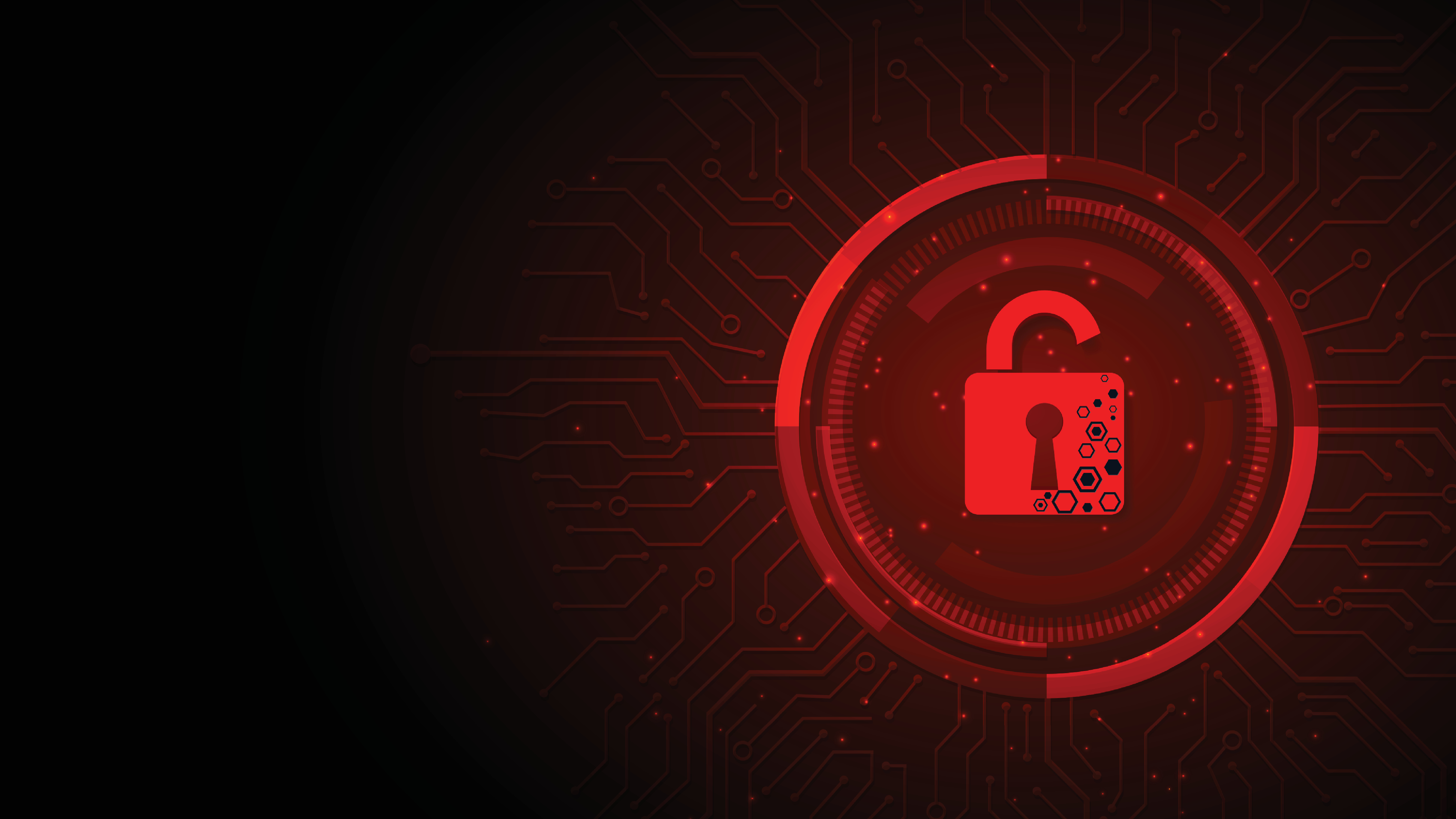US military hackers have carried out attacks to help Ukraine
Goal was to defend US infrastructure, head of US Cyber Command says

The Russia - Ukraine conflict has two separate fronts - the physical, and the digital one, and while the United States may not be involved on the physical side of things - they’re very much involved in the digital realm.
Speaking to Sky News in the Estonian capital Talinn, the head of US Cyber Command, also the director of the National Security Agency (NSA), General Paul Nakasone said the US has been conducting offensive operations in support of Ukraine, starting almost three months before the actual invasion.
Such operations are in support of Ukraine, as its tactical ally against Russia, but that’s not the US’ primary target.
Share your thoughts on Cybersecurity and get a free copy of the Hacker's Manual 2022. Help us find how businesses are preparing for the post-Covid world and the implications of these activities on their cybersecurity plans. Enter your email at the end of this survey to get the bookazine, worth $10.99/£10.99.
Defending US infrastructure
General Nakasone explained that the key task here is to protect US infrastructure, its institutions, and its citizens, by actively hunting for tools Russian cyberattackers might be using, not just against Ukraine, but against the States, as well.
"We've conducted a series of operations across the full spectrum; offensive, defensive, [and] information operations,” he said.
He did not go into further details about this series of operations, but he did stress that they were completely lawful, under civilian oversight, and conducted through policy decided at the Department of Defence.
"My job is to provide a series of options to the secretary of defense and the president, and so that's what I do," he further explained.
Are you a pro? Subscribe to our newsletter
Sign up to the TechRadar Pro newsletter to get all the top news, opinion, features and guidance your business needs to succeed!
The US government deployed Cyber Command specialists to 16 allied countries, to exchange intelligence from their networks and endpoints. The specialists have been invited by the allies, and all of the work has been consensual, the general stressed.
He also explained what the allies were looking for (among other things):
"If you're an adversary, and you've just spent a lot of money on a tool, and you're hoping to utilize it readily in a number of different intrusions, suddenly it's outed and it's now been signatured across a broad range of networks, and suddenly you've lost your ability to do that," he said.
In the hours before the invasion, Russian cyber-warriors assaulted the American communications company Viasat, leaving part of the Ukrainian military, as well as civilians, with limited or no connectivity.
How Russia will respond to General Nakasone’s statements, remains to be seen.
Via: Sky News
Sead is a seasoned freelance journalist based in Sarajevo, Bosnia and Herzegovina. He writes about IT (cloud, IoT, 5G, VPN) and cybersecurity (ransomware, data breaches, laws and regulations). In his career, spanning more than a decade, he’s written for numerous media outlets, including Al Jazeera Balkans. He’s also held several modules on content writing for Represent Communications.
